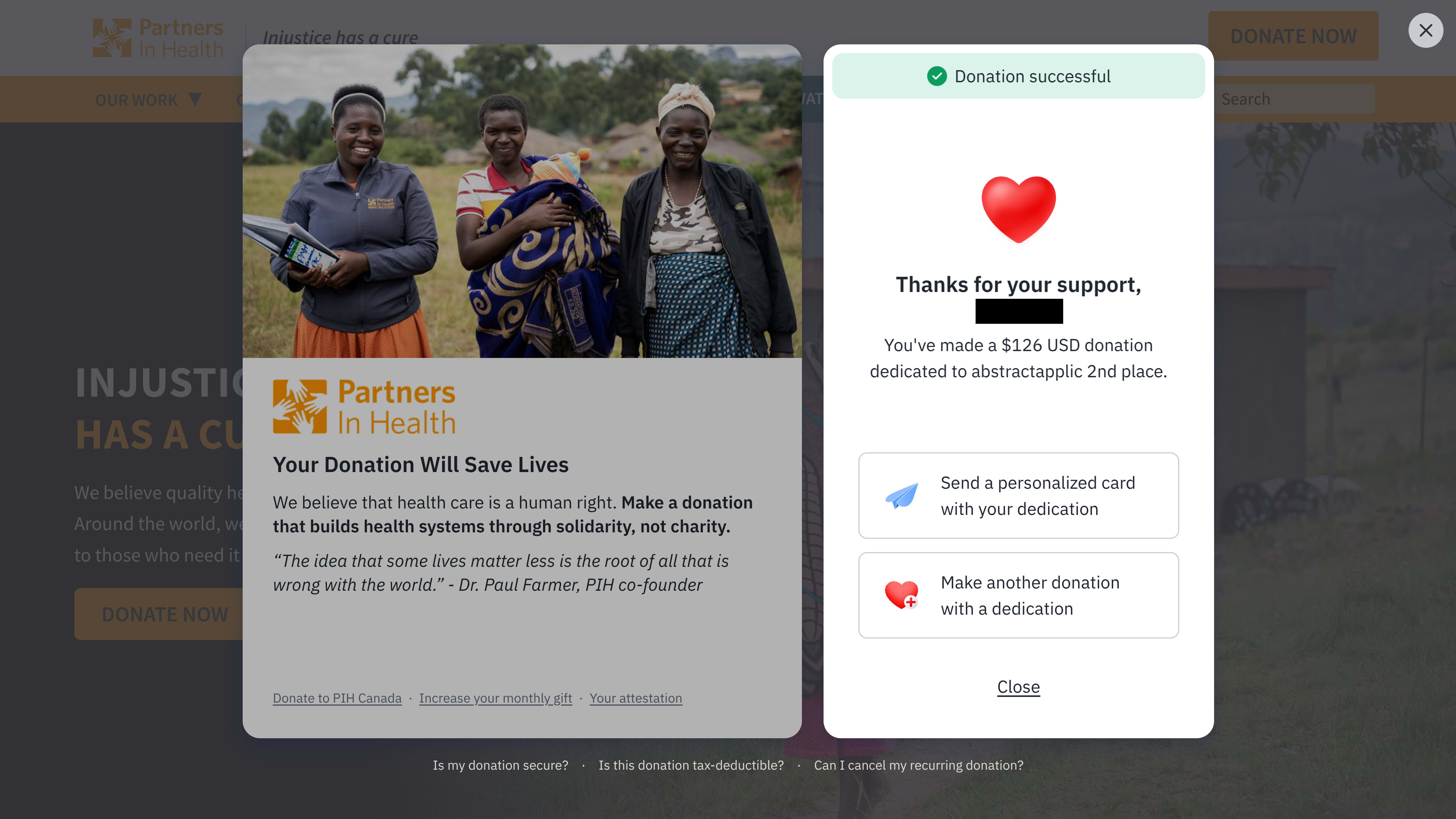Here is a list of all my public writings and videos (from before February 2025).
lsusr
Here, as arranged elsewhere, is your prize.
$500 Write like lsusr competition—Results
You and I have been in touch for a long time. I trust that pulwat is really you. In the unlikely event that pulwat is not you, the real pulwat can trivially disprove your claim.
Addressing your comment in full would take thousands of words, so here are just a few of the things you are asking for.
Cyberbuddhism draws much of its terminology from Therevada, so terms like “stream entry” are borrowed from Therevada. However, how these terms are defined in Therevada vs Cyberbuddhism can differ a litt or a lot. Therevada defines terms like “stream entry” using the Pali canon. Cyberbuddhism uses the Pali canon as place to start, but ultimately defines these terms from contemporary phenomenology. Where modern-day observations conflict with the Pali canon, Cyberbuddhism goes with the modern observations.
Zen can be extremely effective at generating insight. The trouble with using Zen as a foundation for Cyberbuddhism terminology is that Zen is allergic to maps. Most of my personal practice data comes from Zen, but is then presented through a Therevada frame. I feel this is good epistemic hygene, because if results are replicated through different traditions, then that’s a good signal they’re pointing to something real.
Vajrayana plays a smaller nonzero role in this. They excel at stuff like sleep bardo, which is interesting for the scientific study of consciousness, but not an essential checkpoint on the path of awakening.
Zen and Vajrayana are both “Mahayana”, but that’s just formal taxonomy. I prefer to look at Zen as a Mahayana coat of paint on top of a Buddhist + Daoist core. In this way, Daoism plays a role in Cyberbuddhism too, albeit a quiet one. Daoism, like Zen, can be allergic to maps.
“Prediction error” will eventually need to be included. “Prior beliefs”, however, I believe is an ontological mistake Rationality made early in its formation. (Explaining why is beyond the scope of this comment.) I believe that “affect” is a more precise than “emotion”.
That might be worthwhile in the future. Since this is important and I’ve already declared an end date, I will not be changing the resolution time this tournament unless something goes wrong like technical difficulties.
I have added you to the prediction market.
I agree. I have changed “high-effort” to valuable, since that’s what I had intended to communicate.
I have added you to the prediction market.
I have added MeditationsOnShrimp to the prediction market.
I should have her do my taxes.
Update: She helped me do my taxes.
Good point. I have deleted the GameCube part.
I have added xhnk7jwvqj-max to the prediction market.
I have added lsdev to the prediction market.
It’s on Manifold. Here’s a link.
I have added you to the prediction market.
I have added it to the prediction market.
I believe Rationality in general and LW in particular really really need more tests.
You want more tests? Here is a test.
Found it! Thank you! I am switching over to the Set UI.
Really? How? I just tried creating one right now and I couldn’t find a UI for adding options after trading starts.

I’m glad you enjoyed! Your post was my favorite serious entry and I’m happy you won.